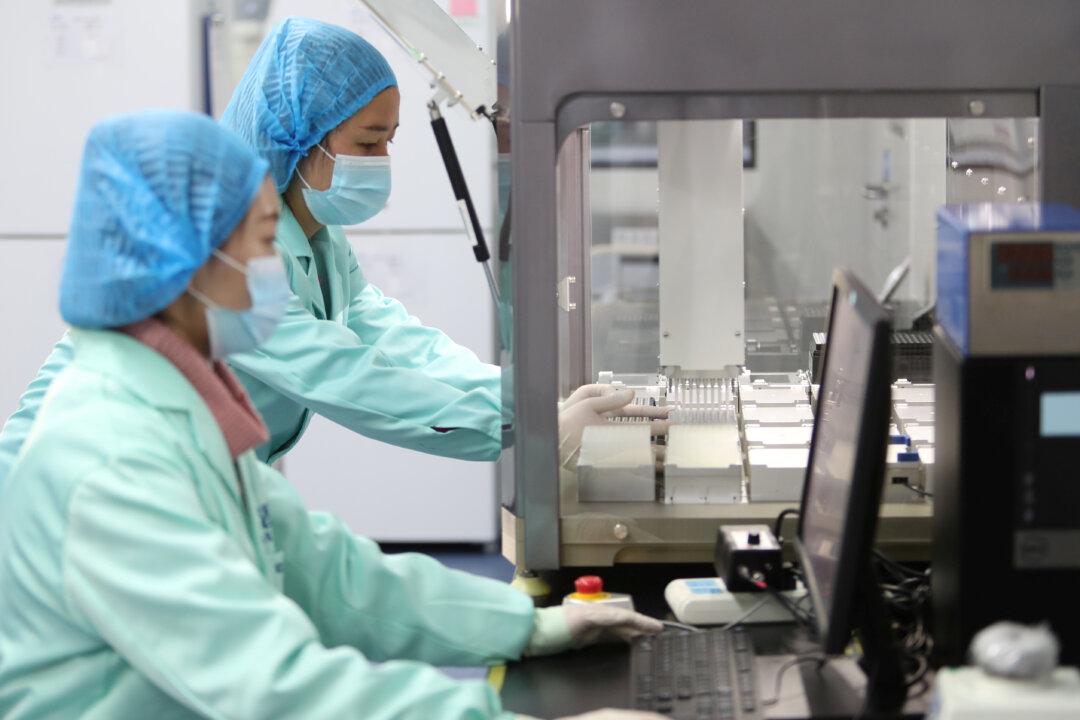A prenatal test taken by millions of pregnant women globally was developed by Chinese gene company BGI Group in collaboration with the Chinese military and is being used by the firm to collect genetic data, a Reuters review of publicly available documents found.
The report is the first to reveal that the company collaborated with the People’s Liberation Army (PLA) to develop and improve the test, taken in early pregnancy, as well as the scope of BGI’s storage and analysis of the data. The United States sees BGI’s efforts to collect and analyze human gene data as a national security threat.





